Hate Speech, Free Speech, and the First Amendment
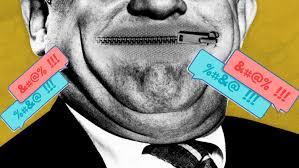
March 18, 2019
The issue of where hate speech comes into play in regards to free speech and the first amendment has been the source of heated debate for years. I’ll be the first to tell you; although these three terms are entirely different with different meanings and concepts, they all go hand-in-hand when regarding our first amendment as citizens of the United States. On the other hand, many people, especially the far-left, argue that hate speech is not supported by the first amendment and claim that the various arrests of controversial speakers in public prove that hate speech simply is not tolerated by the United States and is not legal and/or covered by the first amendment.
This may sound to be a convincing argument, and in many ways, it is. However, the first amendment does not, in any way, specify the terms of religion, speech, press, or petition. “Congress shall make no law respecting an establishment of religion, or prohibiting the free exercise thereof; or abridging the freedom of speech, or of the press; or the right of the people peaceably to assemble, and to petition the Government for a redress of grievances.” The issue of assembly is the only term limited to something, which is restricted to peaceful assembly. Otherwise, no term in the first amendment is limited to anything, meaning that as of today the first amendment protects the people of the United States’ right of free speech which includes hate speech.
Then the question must be asked: what are the reasons for the arrests of 84 people after a Stephon Clark protest in Sacramento? Isn’t an arrest of anyone speaking their mind (however hateful) in public simply a violation of our rights as American citizens? The far-right, in response to these arrests, may go off ranting on how this is a violation of American’s rights and that these cases should be taken back into court, yet there is a middle ground in this debate which provides the simple truth. This truth is the fact that although it is entirely legal for any United States citizen to express their views in any public place without rules stating otherwise (schools and workplaces may have their own rules), those who feel the desire to speak out are subject to all of the active laws in the United States, which may lead to their arrest. This basically means that although everyone has their right to speak freely on issues that inspire them to do so, these people may find themselves at the hands of the law for crimes, such as disturbing the peace, if things become disorderly.
This isn’t the only thing that leads to consequence with the law regarding freedom of speech and expression, either. Another major factor in the the idea of freedom of speech and expression is the “public” aspect of it. To simplify things, you can divide the United States into three types of zones. You have public places with many people (such as Times Square), public places with few people (forests), and restricted places with many people (schools). Anyone who speaks out freely in an area with a large number of people is more prone to getting in trouble for doing so, especially in a place with additional rules to follow (again, like schools and workplaces). As a result of “putting yourself out there,” even if you don’t commit a crime like disturbing the peace, you’re subject to the views of people around you, and the repercussions that may come with them. For example, by wearing something like a “Make America Great Again” hat, a police officer may be more likely to pull you over for speeding versus the average commuter. The same goes for someone that publicly demonstrates their (perhaps controversial) opinion in a public, urban setting and proceeds to jaywalk, which they are then given a ticket for (which they probably wouldn’t be given otherwise). In an article by www.citylab.com where an ex-police officer was interviewed, he discussed how cops like to target and focus in on people that stand out, including those with flashier cars or different styles of clothes than most.
In the end, although free speech in the first amendment does cover hate speech, a public demonstration of one’s opinion subjects that person to the views of those around them and makes them stand out more than the average Joe. Although you might still be going 75 miles an hour on the freeway (like everyone else does), you’re more likely to get pulled over if you’ve flipped off a cop car moments before.


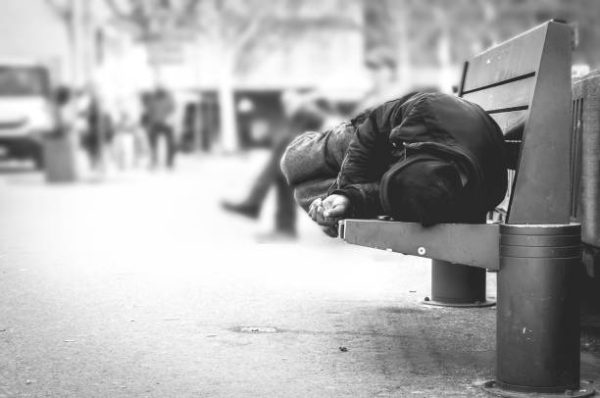


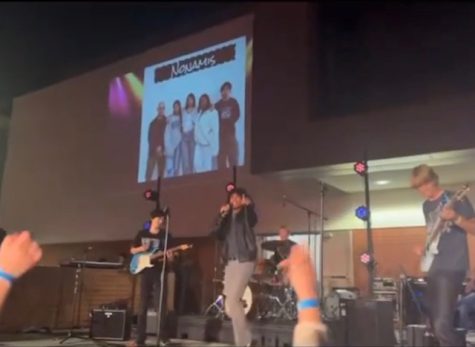
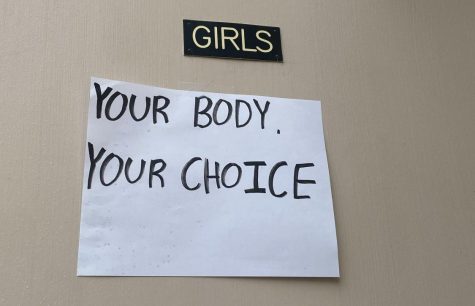
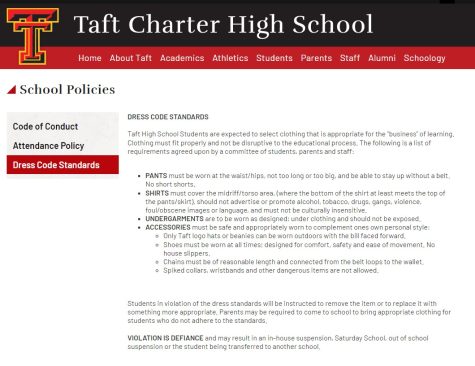

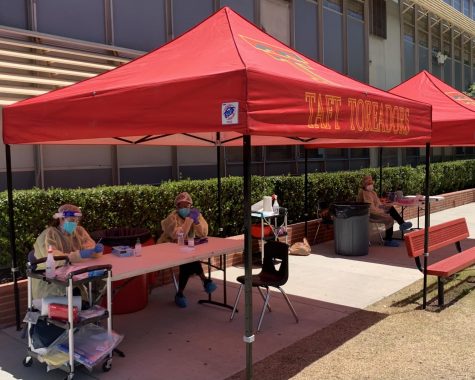


Tom Binford • Apr 10, 2019 at 12:33 pm
I believe this article would have benefited from further clarity regarding the arrests in the Stephon Clark protest. I fail to see how a protest over police conduct is related to freedom of speech considering that the protest could be argued to construe a disturbance of the peace as protesters blocked streets and were reported to have vandalized cars. I don’t think the arrests were caused in any way by the opinions of the protesters, but rather by their unlawful methods.
Especially considering that the only specific case you referenced was the protest, more elaboration would also be helpful. Just bringing up the topic in a rhetorical question doesn’t make for a more informed reader. A synopsis of the events would probably help understanding, as would external links such as this one: https://www.npr.org/2019/03/05/700317892/police-arrest-84-after-stephon-clark-protest-in-east-sacramento. Nothing wrong with referencing outside sources that aid in comprehension.
Lastly, your use of the phrases “far-left” and “far-right” are very generalized. Terms related to political beliefs are subjective and always evolving, so defining a single interpretation that stays consistent throughout your article with your personal or a textbook definition. Maintain clarity in word choice and subjective words.
Thanks for making it through my comment! Hopefully this adds to the article and contains a few helpful tips.